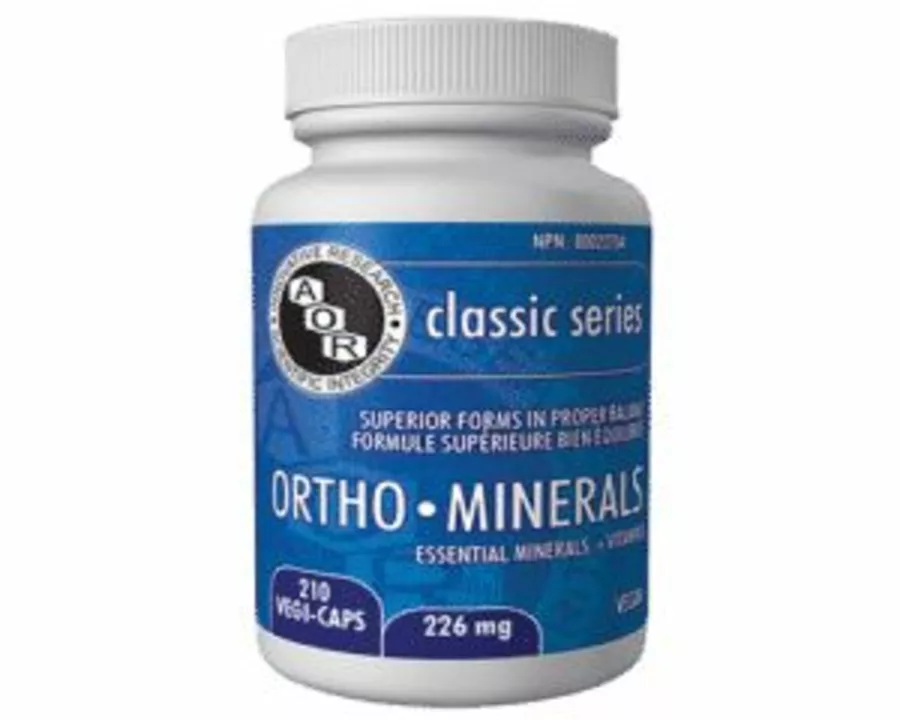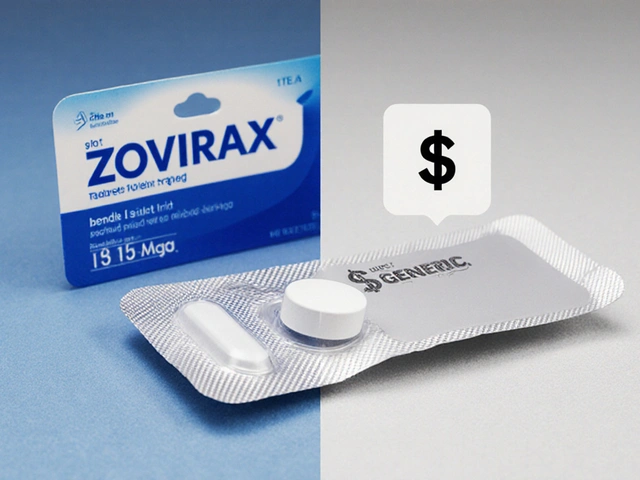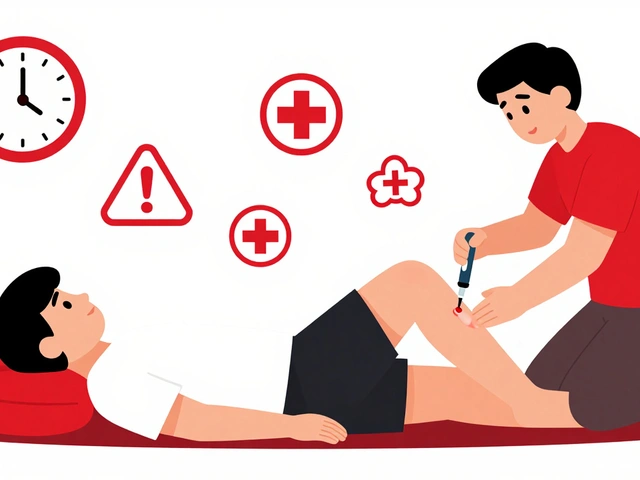Potassium: why it matters and what to watch for
Potassium is one of the body's main electrolytes. It helps your muscles contract, keeps your heart rhythm steady, and supports nerve signals. Most people get potassium from food, but levels can swing low or high because of illness, diet, or medicines. Small changes matter — both low and high potassium can cause muscle problems and dangerous heart rhythm issues.
How potassium affects your body
Adults usually need about 4,700 mg of potassium a day. Good sources are bananas, potatoes (with skin), spinach, beans, avocado, yogurt, and salmon. Eating a balanced mix of these foods is the safest way to keep levels stable. If you skip meals, follow a very low-carb diet, or have severe diarrhea or vomiting, your potassium can drop fast.
Signs of low potassium (hypokalemia) include muscle cramps, weakness, constipation, and feeling tired. Severe drops can cause fast or irregular heartbeats. High potassium (hyperkalemia) can cause numbness, weakness, palpitations, and in serious cases, fainting or sudden cardiac arrest. If you feel new heart palpitations or severe weakness, get medical help promptly.
Potassium and medications — simple rules
Some common medicines change potassium a lot. Diuretics like furosemide (Lasix) and many antibiotics or laxative overuse can lower potassium. Other drugs raise it — think spironolactone (a potassium-sparing diuretic), ACE inhibitors, ARBs, trimethoprim-sulfamethoxazole, tacrolimus, and high-dose NSAIDs in certain people. Even some beta-blockers can nudge potassium up a bit. If you start or stop these meds, your doctor may order a blood test.
Never start potassium supplements without checking levels first. Too much supplemental potassium can be dangerous, especially if your kidneys don't clear it well. If your doctor prescribes potassium pills, follow the exact dose and timing. If they recommend dietary changes instead, pick whole-food sources rather than salt substitutes that can contain concentrated potassium chloride.
Monitoring is straightforward: a single blood test shows your current level, and an ECG may be needed if levels look risky. If you're on a medicine that affects potassium, ask your provider how often to test — often within a week of changing the dose, then periodically.
Quick, practical tips: include a potassium-rich side like baked potato or spinach salad a few times a week, avoid large doses of potassium supplements unless prescribed, and tell any new healthcare provider about your current meds. If you have kidney disease, heart disease, or take drugs that affect potassium, check your numbers regularly.
Questions about a specific medicine or symptom? Reach out to your clinician — they can test your level and give clear, safe steps based on your health and meds.

Chlorthalidone and Potassium: Balancing Electrolyte Levels
As a copywriter, I've recently delved into the topic of Chlorthalidone and Potassium: Balancing Electrolyte Levels. Chlorthalidone is a diuretic medication often prescribed to manage high blood pressure and edema, but it can sometimes lead to low potassium levels. To maintain a balance, it's essential to monitor our electrolyte levels, especially potassium, to prevent any complications. We might need to incorporate potassium-rich foods or supplements into our diet to keep things in check. Remember, always consult with your healthcare provider before making any changes to your medication or diet.
View More




